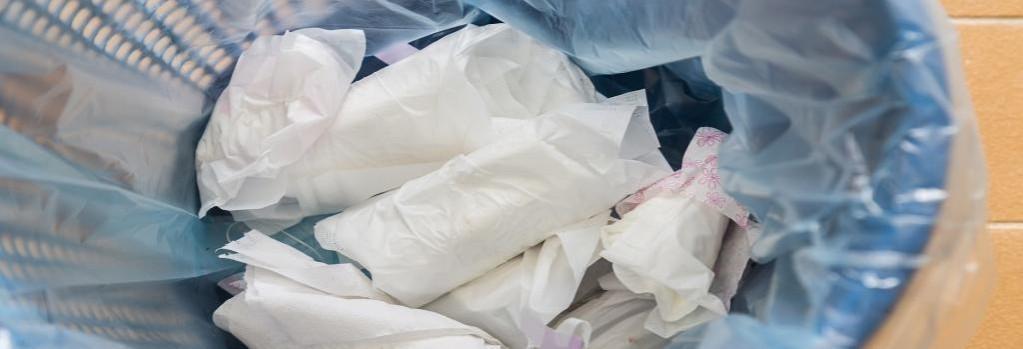Women's Day brought a wave of relief for women across the country with Union Minister Prakash Javadekar tightening noose around sanitary napkin makers in India. From January next year, sanitary pad manufacturers will have to mandatorily provide packets for disposal of each pad, Environment Minister Prakash Javadekar announced on Sunday.
An event was organized at Pune to celebrate the International Women's Day, which was attended by waste collectors, who are known as 'Swachhta Sewaks'. Prakash Javadekar was speaking at the event stating that disposing menstrual waste puts waste collectors at a high risk of getting infections.

The Union Minister of Environment, Forest and Climate Change, said, "I have observed that despite a repeated appeal to sanitary pad manufacturers, they are still not providing bio degradable disposal bags. From January 2021, the Union government will make such bags mandatory. Cleanliness norms in force in municipal areas will now be applicable to villages having a population of more than 3,000."
India is facing a mammoth task of disposing menstrual waste in a safe way. A single woman can generate up to 125 kg of non-biodegradable waste through her menstruating years alone. Though in India the percentage of women who use sanitary napkins is marginally low but the plastic waste generated from used sanitary pads takes about 500-800 years to decompose posing a huge challenge to a country, which is propagating 'clean India' at every level.

According to recent data, there are 336 million menstruating women in India, of which 36 per cent use disposable sanitary napkin, totaling to a staggering 121 million women.
Bengaluru and Pune are the only two cities that are employing solid waste interventions to efficiently separate out and classify menstrual waste during routine garbage collection.
People who segregate waste and garbage have to go through the unwanted menace of segregating menstural waste with bare hands and these workers are exposed to infections and disease while handling menstrual waste, as they are often not fitted with substantial gear to protect themselves.
In order to bring a relief for these workers; there are a handful of volunteers and social workers, who have started various projects and ways to safely do away with this menace.

















